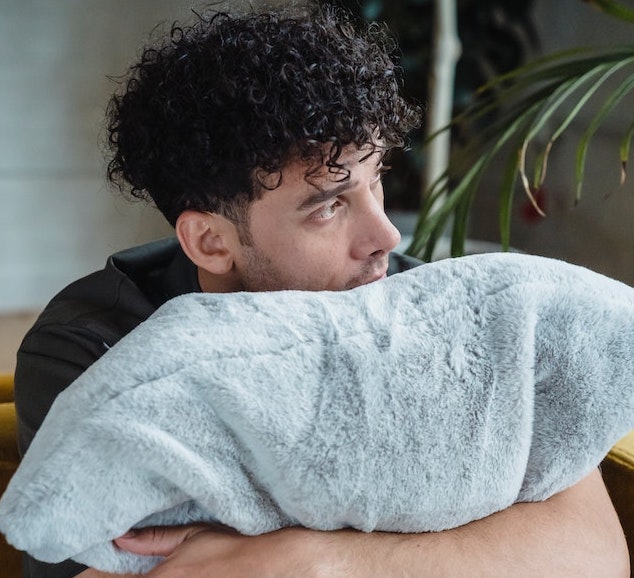 Puberty is an expected part of development that causes many changes in the body. For kids with central precocious puberty (CPP), however, starting puberty at an unusually young age and often several years before their peers may take a toll on their emotional and mental health.
Puberty is an expected part of development that causes many changes in the body. For kids with central precocious puberty (CPP), however, starting puberty at an unusually young age and often several years before their peers may take a toll on their emotional and mental health.
What is central precocious puberty?
CPP is a condition that causes the process of puberty to start at a very early age.
Puberty symptoms in a boy younger than 9 years old or a girl younger than 8 years old may indicate CPP, according to the American Academy of Family Physicians (AAFP).
Signs of puberty, regardless of age, include:
- growth spurts
- acne
- body odor
- underarm and pubic hair
- deepening voice in boys
- breast development and the start of menstruation in girls
- enlargement of the testicles and penis in boys
The exact reason some kids start puberty early is not known. However, experts believe that in children with CPP, the brain signals the hypothalamus to begin releasing gonadotropin hormone-releasing hormone (GnRH) earlier than it should.
CPP is more common in girls than boys. Much of the existing research pertains to the psychological and emotional health of girls.
How can CPP affect mental and emotional health?
Reaching puberty early can trigger a lot of emotions in children, especially when it happens before their peers, according to the National Institute of Child Health and Human Development (NICHD).
Children with CPP may experience significant behavioral, social, and emotional problems. They may also face different social pressures of fitting in since their bodies develop before kids of a similar age.
A 2019 study found that an increase in depressive symptoms seems to be associated with physical changes that emerge early in the pubertal transition, especially for girls who mature earlier than their peers.
For example, those who get their period early and develop breasts sooner may experience embarrassment and confusion, especially in elementary school when the majority of their peers are not going through puberty.
Findings from another 2019 study suggest early puberty may be a risk factor for mental health disorders. One reason for this, according to the study, is that children who mature physically at a younger age may not have the mental or emotional maturity to deal with the social challenges and stressors that can come with appearing older than they actually are.
What parents can do to help
Helping your child during early puberty is critical. Not only do they rely on you for support and guidance, but sometimes kids just need someone to listen to them when they are scared, confused, and unsure about themselves.
Seek help early
One of the best things you can do for your child is to seek help early. Make an appointment with your child’s pediatrician once you notice symptoms of CPP.
Talk with your child
It’s important to make time to talk with your child about the changes they’re facing. Providing a safe space to express how they feel can help minimize some of the stress and confusion they may be experiencing.
Bring mental and emotional health concerns to your child’s doctor
It can be challenging to discern between regular childhood ups and downs and the more serious emotional or mental health effects of CPP, so it’s always a good idea to bring your concerns and questions to your child’s pediatrician.
Excerpted from “The Emotional Impact of Central Precocious Puberty” in Healthline. Read the full article online.







